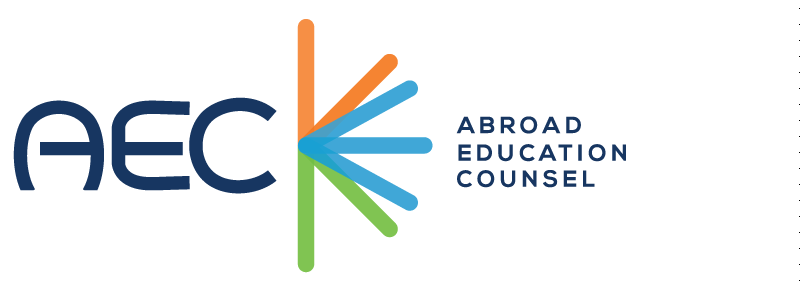France is one of the most popular destinations for international students. Among its major advantages are the high quality of education, the remarkably low tuition fees, and the enjoyable French way of life.
Universities in France
The French higher education system is one of the best in Europe, and the world. Dozens of French universities are regularly placed high in international university rankings. Among the well-known universities are École Normale Supérieure, École Polytechnique, Pierre and Marie Curie University, and University of Paris-Sud.
There are also many great options to study for an MBA in France: The country is home to many of the best-ranked elite business schools in Europe. Among them are HEC Paris, Insead, ESCP Europe (which also has campuses abroad), and Edhec Business School, to name but a few.




















